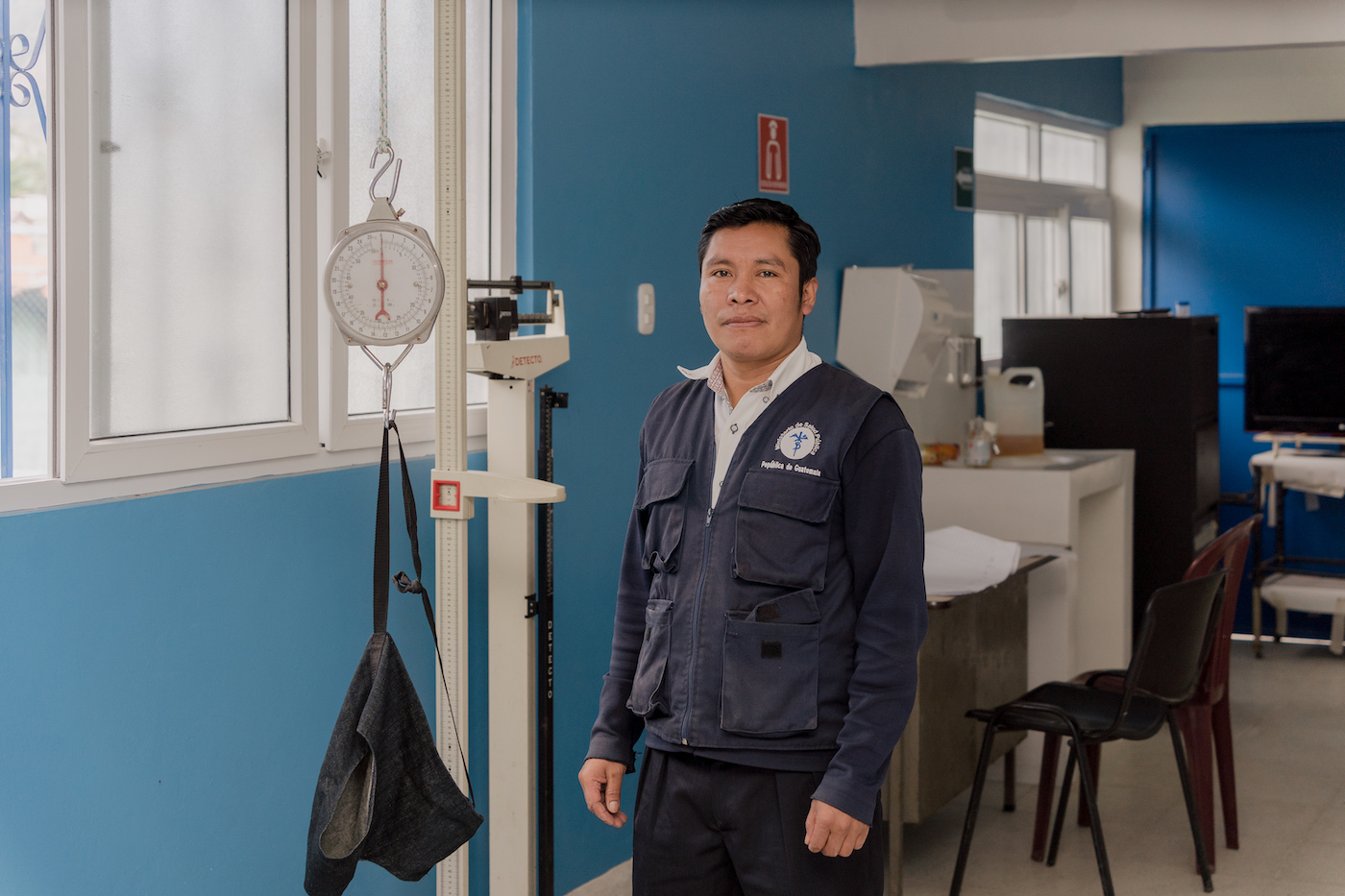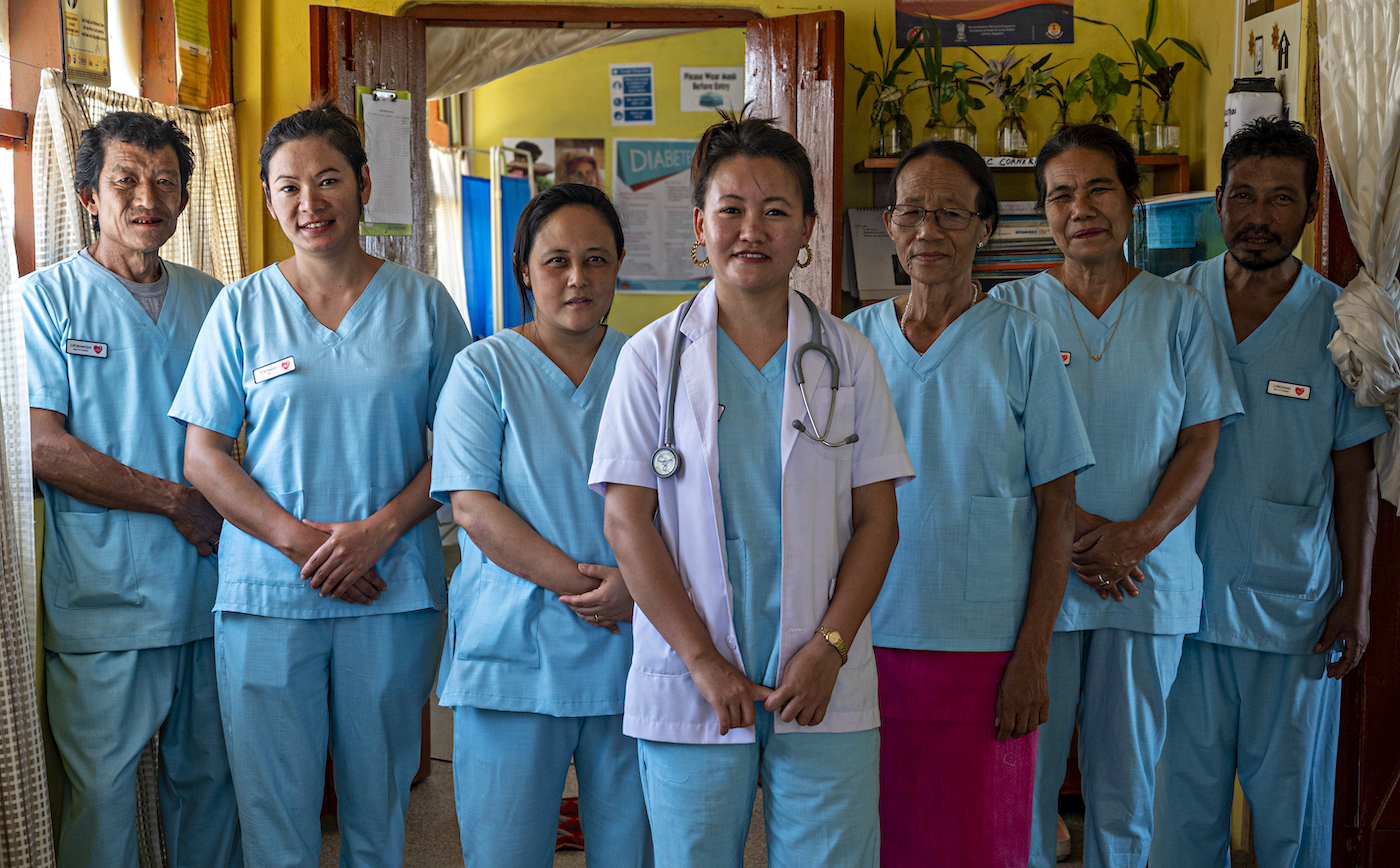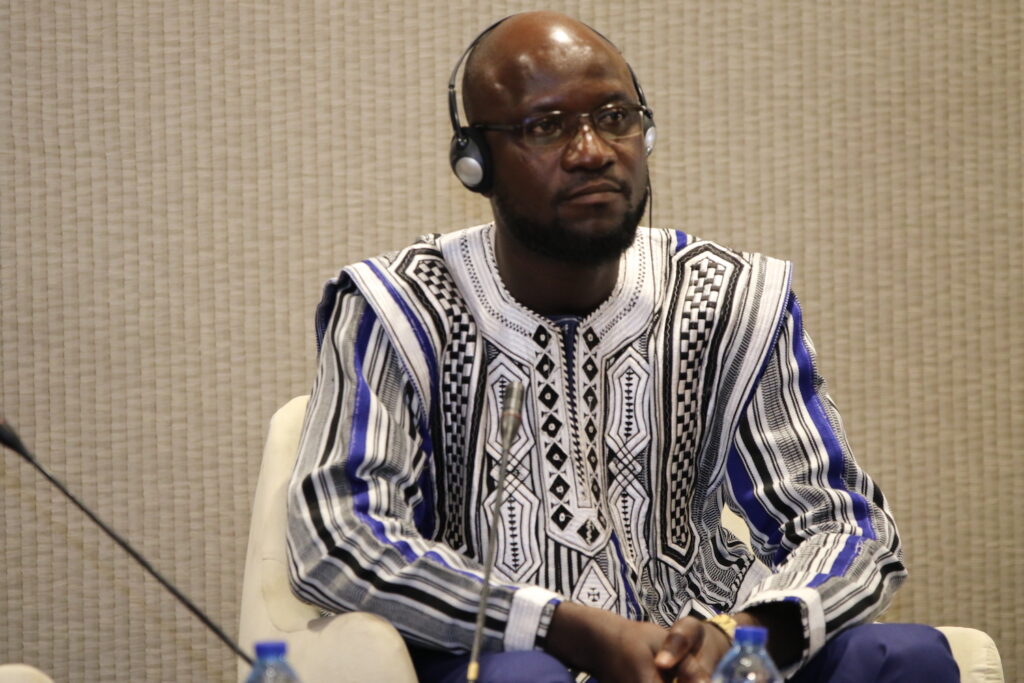Building future-ready, resilient health systems to ensure access to quality health care for everyone, at every stage of life
Half of the world’s population still lack access to essential health services. Over 1 billion people are at risk of falling into poverty from health care costs that are 10% or more of their household budget. Primary health care (PHC) is an approach that engages all facets of society in organizing and strengthening national health systems to bring health and well-being services closer to communities.
At Jhpiego, we understand that while the global vision of PHC shares common aims and objectives, its success is rooted in country contexts, the realities of existing health systems and local health workforces. To us, PHC is much more than providing an immunization or family planning services at a clinic. Rather, to be successful, strong PHC must focus on individuals and their communities, strengthen all parts of a local health system, and measurably improve health for citizens.
Watch how we’re reimagining primary health care
Our Approach
To achieve Universal Health Care and truly understand and meet the needs of any population, a country’s health system requires:
- A high-performing multidisciplinary PHC health workforce
- Accessible and actionable PHC information systems
- Integrated, innovative and effective PHC service delivery
- Medicines and diagnostics tailored to PHC services and functions
- Strong PHC leadership and governance
- Responsive PHC finance systems.
Drawing on Jhpiego’s strong people, networks, and know-how across technical areas and geographies, we work closely with national and subnational governments to identify their needs and opportunities across these health system elements, and integrate catalytic interventions into health care programs to build strong and sustainable health systems for all.
PHC is supported by Chantelle Allen, Senior Principal Technical Advisor, PHC

Chantelle Allen, Senior Principal Technical Advisor for Primary Health Care at Jhpiego, is a nurse with more than 20 years of country implementation and global advisory experience. Ms. Allen has held a wide range of public health programmatic leadership positions in South Africa, Nepal, Pakistan and Ghana. Ms. Allen works across technical areas (e.g. HIV, RMNCAH, TB, Health Systems Strengthening), leveraging strategies (e.g. appreciative inquiry, design thinking, implementation research) to strengthen cross-cutting implementation approaches (e.g. capacity development, mentorship, quality improvement, digital health) with teams to achieve better primary health care services.
Primary Health Care Workers Power PHC
Nurses and midwives play powerful roles in advancing primary health care, making sure women and their families receive safe, high-quality, and respectful care. Step into their worlds through our series highlighting these champions and the essential roles they play for the world’s health and well-being.

Read about Diego
Diego Raymundo, a nurse in Nebaj, Guatemala, oversees eight health posts in the region as part of a government strategy to increase coverage of health services.

Read about Rongsenlila
Rongsenlila Pongen, a community health officer and nurse in Nagaland, India, sets the example of quality health care for her team as she examines and treats clients, from a couple seeking family planning to an elderly man with high blood pressure.

Read about Masri
Using her almost three decades of experience as a midwife, Masri Ndoen leads primary health care workers in Indonesia as they deliver services in a range of health facilities, from community health centers and one-room maternity huts to integrated service posts.
PHC Takes Center Stage at the UN General Assembly
PHC serves as the first line of defense against emerging infectious diseases, making it a critical approach for pandemic preparedness and global health security. At Jhpiego’s event during the 78th session of the United Nations General Assembly, health workers from Burkina Faso, India, and Nigeria highlighted the realities of delivering quality primary health care and preparing a robust response to emerging infectious diseases.

“Health facilities like mine are often the first point of contact between the community and the health system. We help members, no matter what, helping them feel safe and encouraging them to come to the facility. I work hard with the community to make sure they understand this.”
Roger Zingue, Nurse in Charge, Burkina Faso

“I feel like I make a difference when I teach children how to avoid contracting Lassa fever. We asked some of the young children we educated to show us what they remembered learning. They showed us everything we had taught them, and it was then that we understood that we did our best.”
Vivian Oluchukwu, Community Health Extension Worker, Nigeria

“When people can’t access health facilities, we go the extra mile, quite literally, to ensure their well-being. Every person, regardless of their circumstances, has the fundamental right to access healthcare, and it is our collective duty to uphold and protect this right.”
Triveni Pitembar, Community Health Officer, India



